Culture is roughly anything we do and the monkeys don't
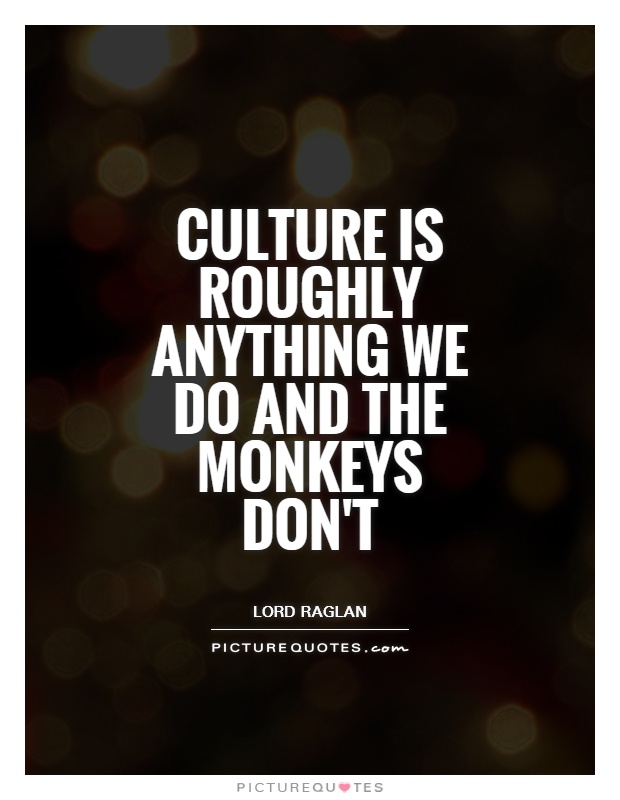
Culture is roughly anything we do and the monkeys don't
In the context of Lord Raglan, the statement "Culture is roughly anything we do and the monkeys don't" holds significant meaning. Lord Raglan was a British soldier and military commander who played a key role in the Crimean War. He was known for his strategic thinking, leadership skills, and ability to adapt to different cultures and environments. His experiences in various military campaigns and interactions with different societies shaped his understanding of culture and its importance in shaping human behavior.Lord Raglan's quote highlights the idea that culture encompasses all the behaviors, beliefs, and practices that distinguish human societies from other species. It is a complex and dynamic system that influences how individuals think, act, and interact with one another. Culture is not limited to traditional practices or customs; it also includes modern innovations, technologies, and ways of life that are unique to human societies.
Lord Raglan's experiences in the military exposed him to a wide range of cultures and societies, from the British army to the Ottoman Empire and the Russian forces. He understood the importance of cultural awareness and sensitivity in building relationships, resolving conflicts, and achieving strategic objectives. By recognizing and respecting the cultural differences of his allies and adversaries, Lord Raglan was able to navigate complex political landscapes and forge alliances that were crucial to his military success.
The quote also suggests that culture is a defining characteristic of humanity, one that sets us apart from other species. While monkeys and other animals may exhibit certain behaviors and social structures, they lack the depth and complexity of human culture. Our ability to create art, music, literature, and technology, as well as our capacity for language, communication, and social organization, are all manifestations of our cultural heritage.
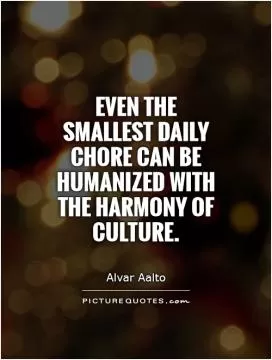
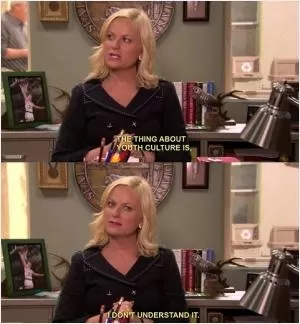
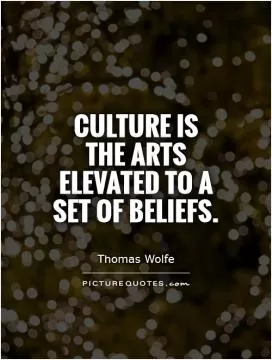
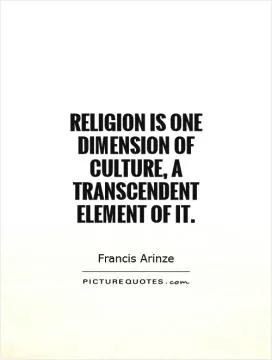

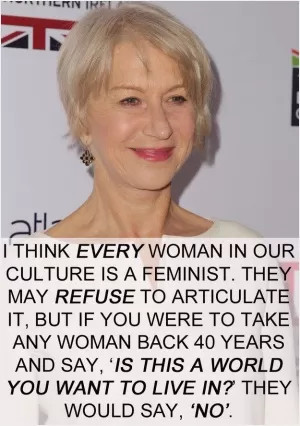

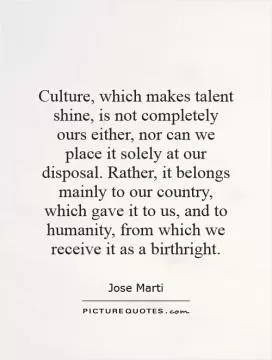
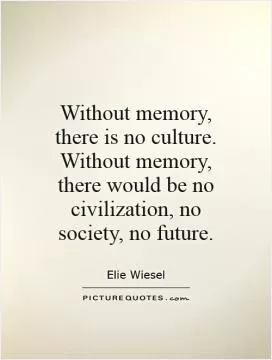
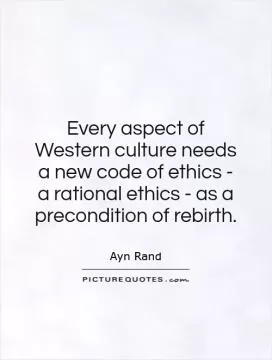
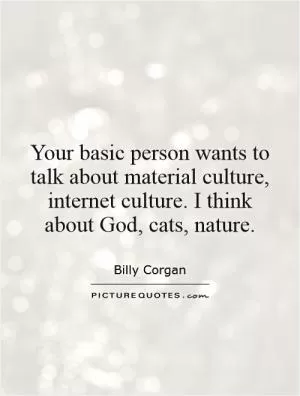
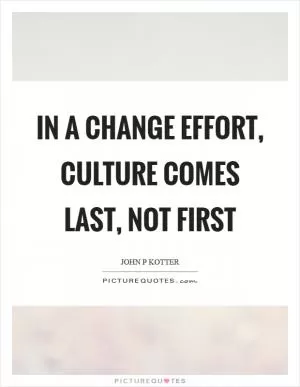
 Friendship Quotes
Friendship Quotes Love Quotes
Love Quotes Life Quotes
Life Quotes Funny Quotes
Funny Quotes Motivational Quotes
Motivational Quotes Inspirational Quotes
Inspirational Quotes